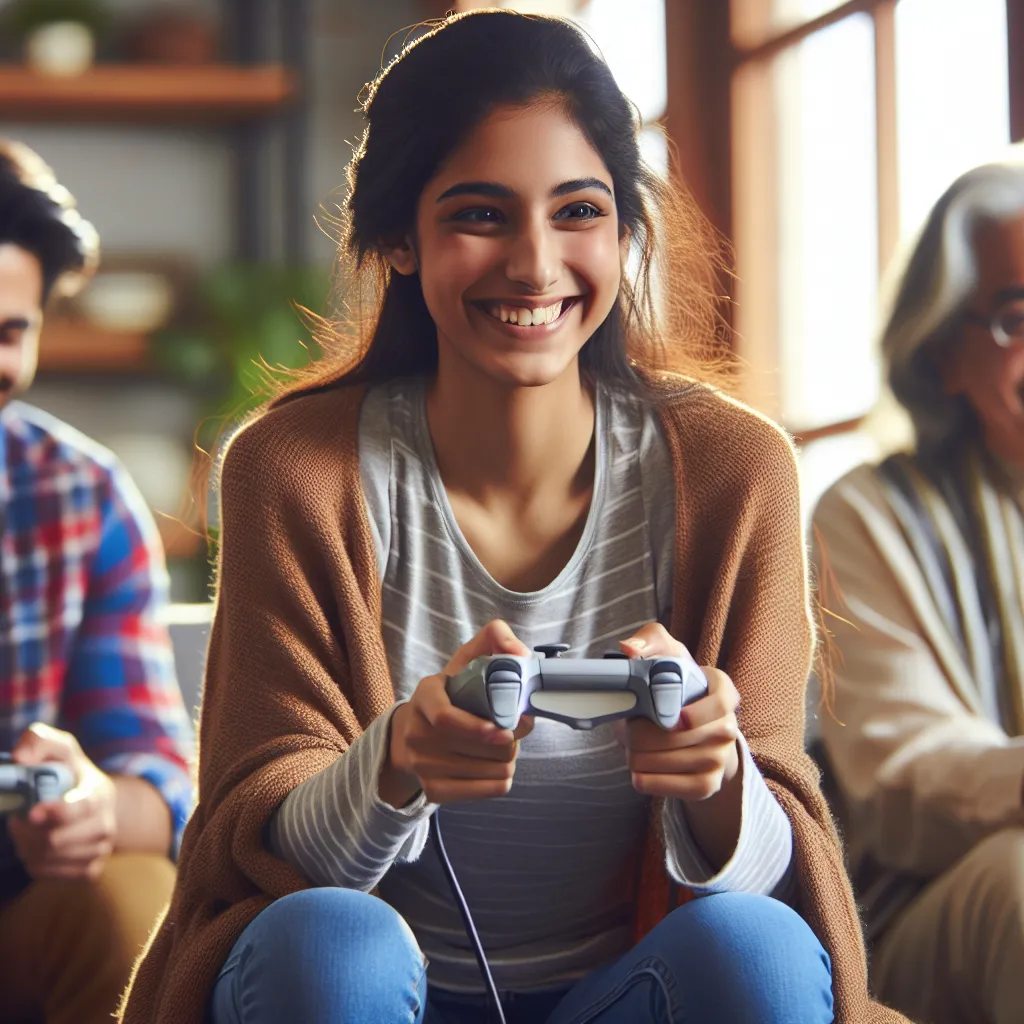The Link Between Excessive Gaming and Mental Health Challenges
Excessive gaming has been a topic of increasing concern in recent years due to its potential impact on mental health. Studies have shown a clear link between spending excessive amounts of time playing video games and experiencing mental health challenges. The immersive nature of gaming, particularly in online multiplayer games, can contribute to feelings of isolation and loneliness, which are risk factors for various mental health issues.
Research has suggested that individuals who engage in excessive gaming may be more susceptible to anxiety, depression, and other mood disorders. The constant stimulation and reward systems in many video games can also disrupt the brain’s natural dopamine balance, leading to addictive behaviors and difficulty in regulating emotions. Additionally, excessive gaming can contribute to poor sleep patterns, further exacerbating mental health issues.
It is important to note that not all gaming is harmful to mental health, and many people enjoy gaming in moderation without experiencing negative effects. However, for those who struggle with excessive gaming, seeking professional help and creating healthy boundaries around gaming behavior is crucial for maintaining good mental well-being.
Positive Effects of Gaming on Mental Well-being
Gaming, often seen as a leisure activity, has been found to have several positive effects on mental well-being. Research suggests that gaming can provide a sense of achievement and mastery, leading to an increase in self-esteem and confidence. Additionally, gaming can act as a stress reliever, offering an escape from the daily pressures of life. Immersing oneself in a virtual world can provide a much-needed break from reality, allowing players to unwind and relax.
Furthermore, multiplayer gaming can foster social connections and provide a sense of community, especially for individuals who may struggle with face-to-face interactions. Online gaming platforms offer an opportunity for people to connect, communicate, and collaborate with others, reducing feelings of isolation and loneliness. This social aspect of gaming can contribute to improved overall mental well-being.
Cognitive benefits of gaming should also be noted, as many games require problem-solving, strategic thinking, and quick decision-making. These mental challenges can help improve cognitive functions and keep the brain active, potentially reducing the risk of cognitive decline.
It’s important to recognize that while gaming can have positive effects, moderation is key. Excessive gaming, especially when it interferes with other aspects of life such as work, relationships, and physical health, can have detrimental effects on mental well-being. However, when approached in a balanced and mindful manner, gaming can offer several benefits for mental health.
Addressing Gaming Addiction: Strategies for Maintaining Mental Health
Addressing gaming addiction is crucial for maintaining good mental health, especially in today’s digital age. Gaming addiction can have a significant impact on an individual’s mental well-being, leading to issues such as social isolation, anxiety, depression, and poor overall health. It’s essential to implement strategies to address this problem effectively.
One approach is to establish healthy gaming habits, such as setting time limits for gaming sessions and taking regular breaks. Encouraging physical activity and outdoor time can also help balance the sedentary nature of gaming and promote overall well-being. Additionally, creating a support network of friends and family can provide individuals with the necessary social interaction and emotional support outside of the gaming world.
Therapeutic interventions, including cognitive-behavioral therapy and counseling, can be beneficial for individuals struggling with gaming addiction. These interventions help address underlying issues and provide coping mechanisms to manage cravings and impulses related to gaming.
Furthermore, raising awareness about the potential risks of gaming addiction and providing education about healthy gaming habits is essential. This can be achieved through school programs, community workshops, and online resources. Empowering individuals to make informed choices about their gaming behaviors can contribute to maintaining good mental health.
In conclusion, addressing gaming addiction is critical for preserving mental health. By implementing strategies such as establishing healthy gaming habits, seeking therapeutic interventions, and raising awareness, individuals can work towards maintaining a balanced approach to gaming while prioritizing their mental well-being.



